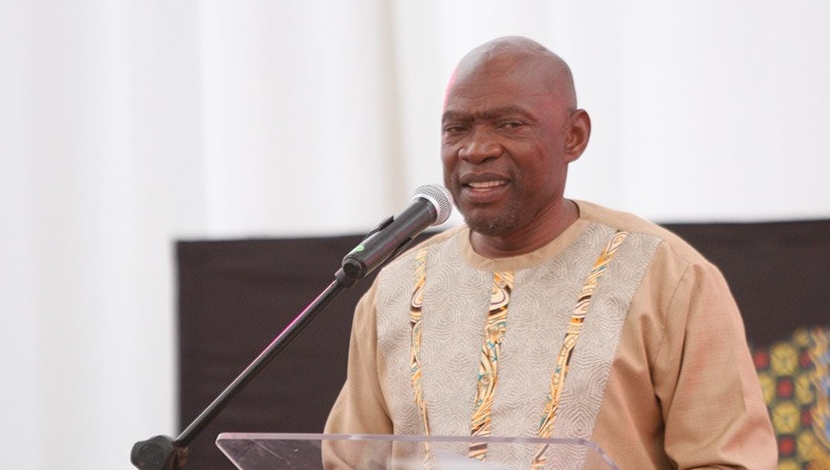
The impact of dolomite on housing developments in Gauteng continues to create tensions between local government and communities, especially in areas earmarked for relocation, resulting in loss of trust.
Gauteng MEC of Human Settlements and Co-operative Governance and Traditional Affairs, Jacob Mamabolo, said mixed-housing development was ideal for dolomite areas, providing a housing product mix to suit low-income, middle-¬income and high-income groups.
A total of 66 informal settlements in Ekurhuleni are currently located in areas not suitable for development and were earmarked for relocation.
MEC Mamabolo on Sunday met with the residents of the Somalia informal settlement, near Vosloorus, to engage with the community on how housing plans will be affected by dolomite.
Somalia residents have rejected initial scientific reports and relocation plans insisting on being accommodated in the area.
During a meeting, the MEC officially confirmed the existence of dolomite but indicated that according to geo-technical reports, certain portions of the area could be developed for higher density residential accommodation.
The land-owner will submit building plans which will inform them on how to build for residents in the area as well as how to ensure that such buildings do not place the safety of residents at risk.
In consultation with the community leadership, he would discuss objections from residents, who oppose building of flats, preferring standard RDP housing and yards.
MEC Mamabolo said: “To add to that we are faced with the problem of dolomite and as government we must find innovative ways of providing homes to everyone. An audit of all households will also be verified and new shacks will not be allowed in the area.”
MEC Mamabolo said the department will work to revitalise township economy in the area
Read the full article here: http://www.sanews.gov.za/south-africa/mixed-housing-plan-dolomite-areas





